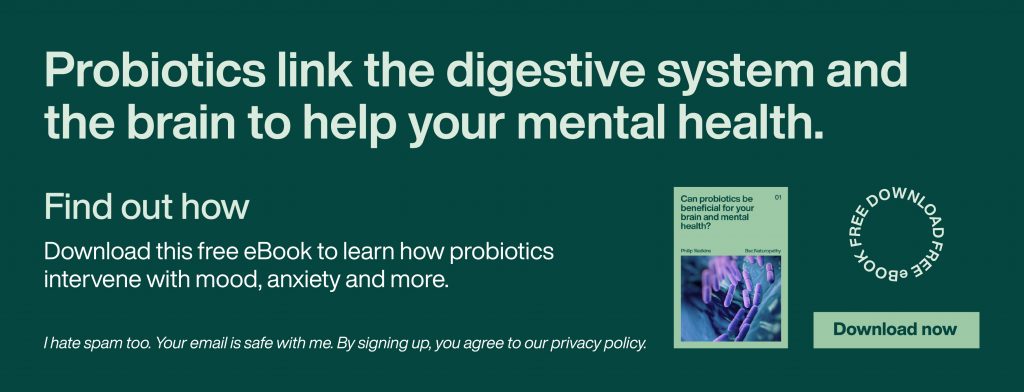We’ve all been affected by histamine at one stage in our lives. Hay fever and skin rashes aside, there are more profound effects of histamine in the gut and the brain that you might not know about.
It can be surprising how intrinsic it is.
For instance, histamine plays critical roles in immune defence, brain activity, growth and development, fertility and nutrition.
This intimate relationship is what we will explore in this Free and Inspired radio episode.
We know that the histaminergic (means working on the histamine system) network plays a crucial role in various brain and central nervous system functions. For example, sleep and wake cycles, learning and memory, feeding and energy balance are all influenced.
Based on these interactions in the brain, researchers are now investigating the histaminergic system’s role in various neuropsychiatric conditions. For example, Alzheimer’s disease, Parkinson’s disease, Tourette’s syndrome, narcolepsy, and schizophrenia are all connected.
“For example, brain histamine levels are lower in Alzheimer’s disease patients. Exponentially higher levels of histamine are also found in the brains of people living with Parkinson’s disease and schizophrenia.”
Histamine plays a prominent role in the digestive system and irritable bowel syndrome (IBS).
There are three main functions of it in the digestive tract. Two of which may heavily affect people trying to solve IBS.
The first is that it enhances gastric acid production. The second is the modulation of a process called motility. Motility dysfunction is one of the causes of constipation-oriented IBS and SIBO.
Philip explores the dietary measures shown by research to reduce histamine in the gut and help IBS at the same time.
Philip also looks at some things that unintentionally increase your levels without you knowing.
For example, did you know certain Lactobacillus species can increase histamine?
All in this episode of Free and Inspired radio!
Watch Video Now
Listen to this episode on Free and Inspired Radio
Listen to Free and Inspired Radio on your favourite platform

